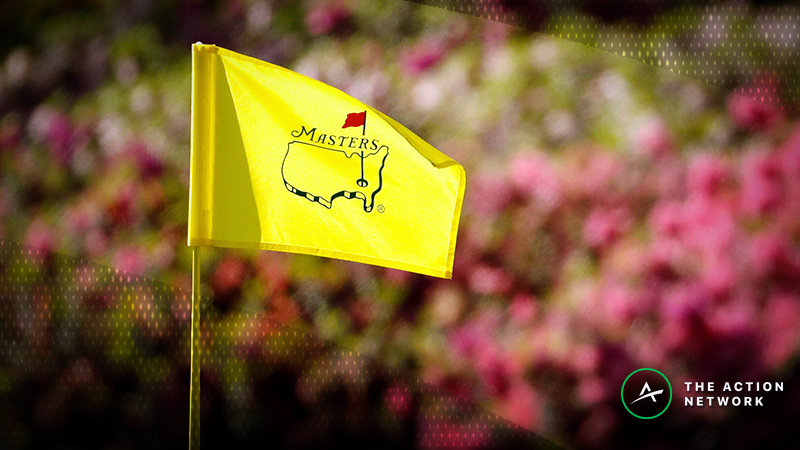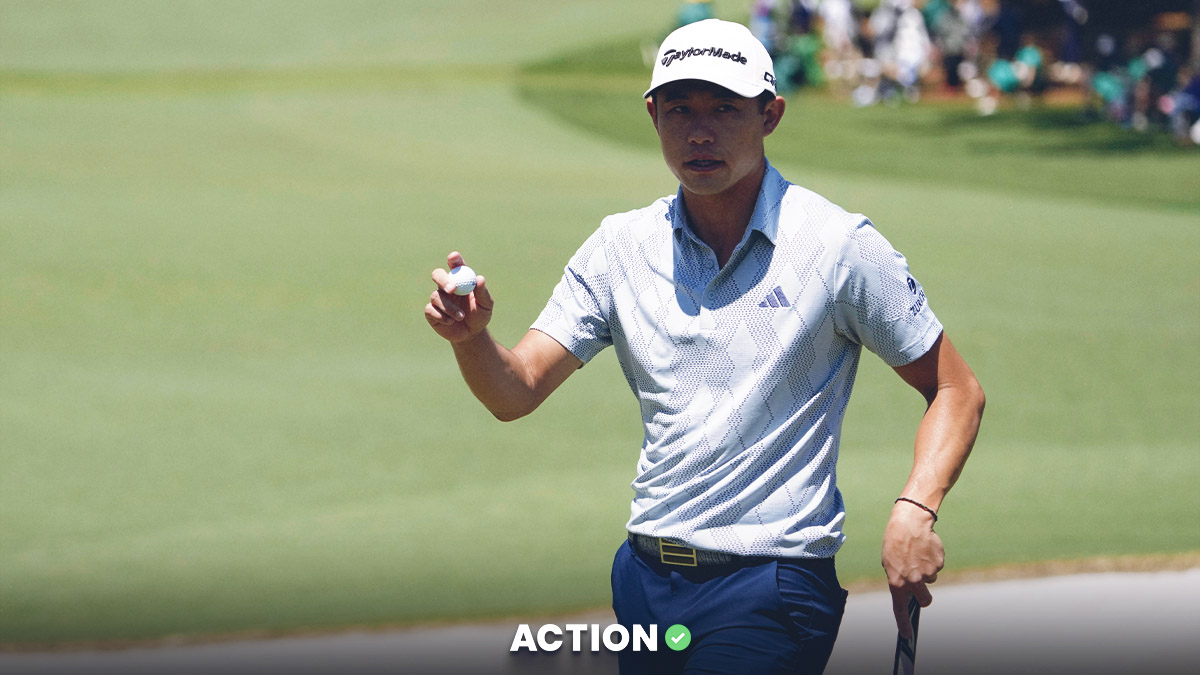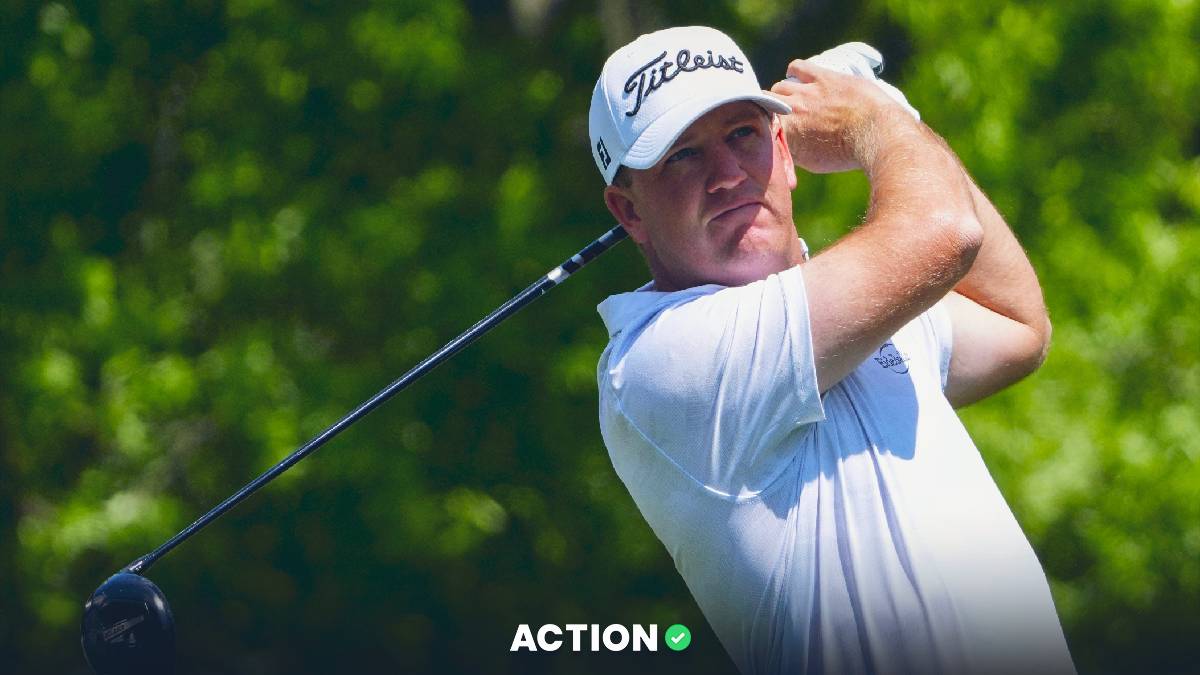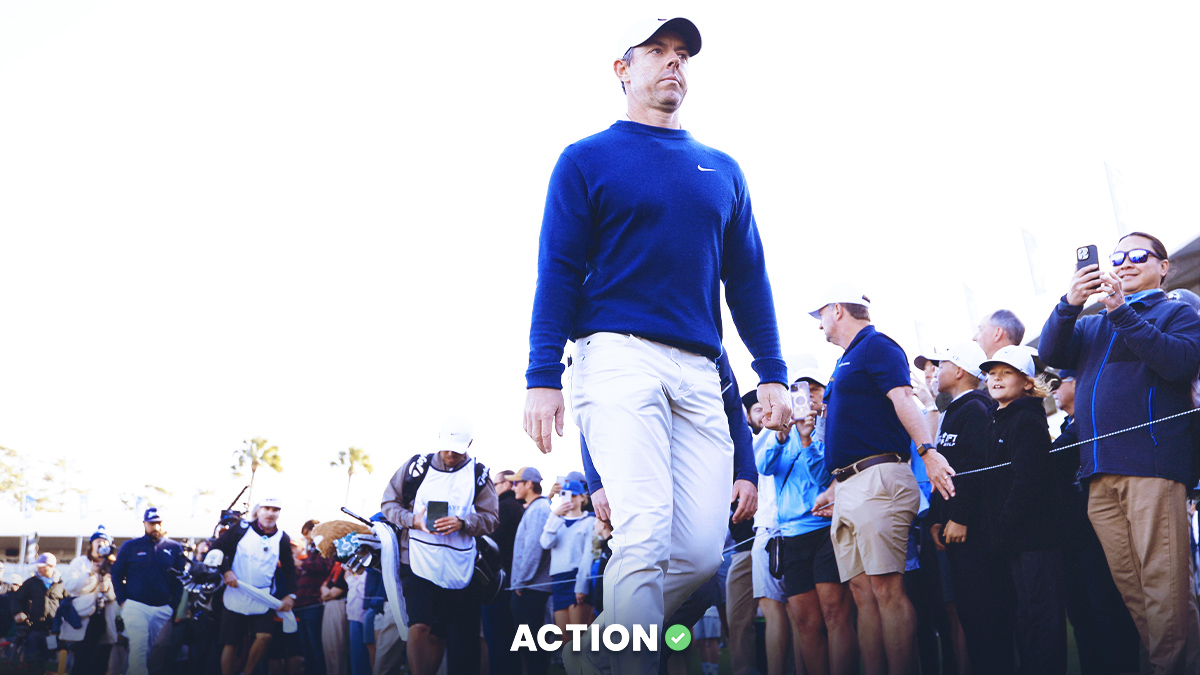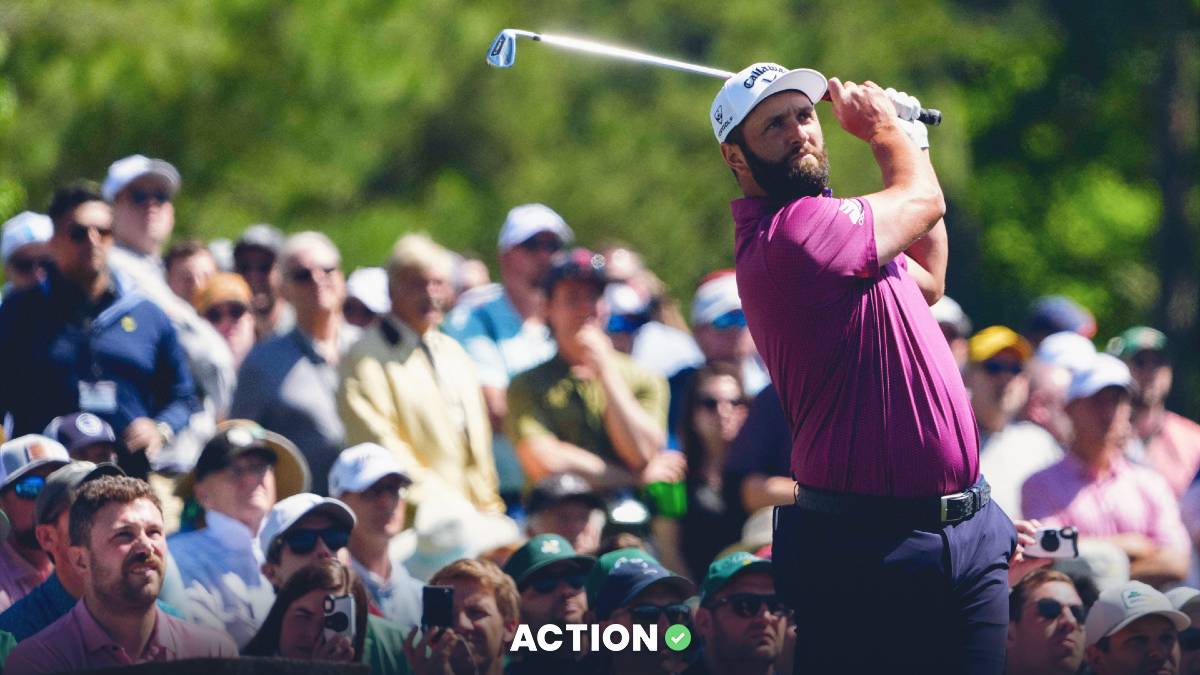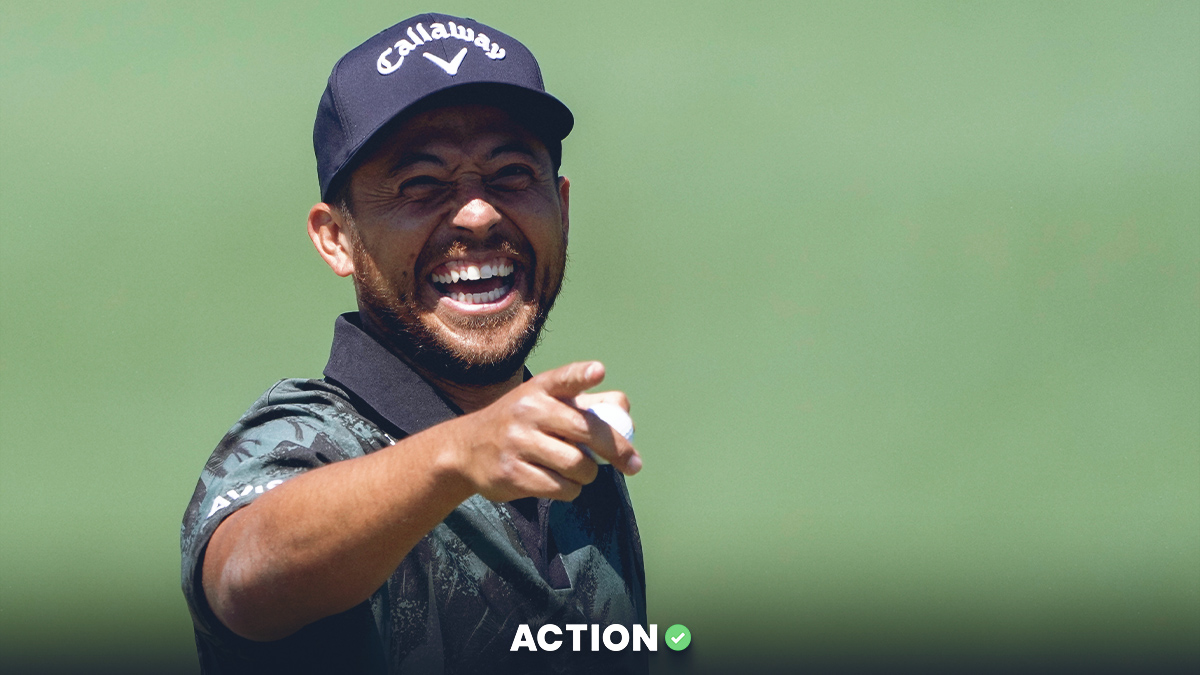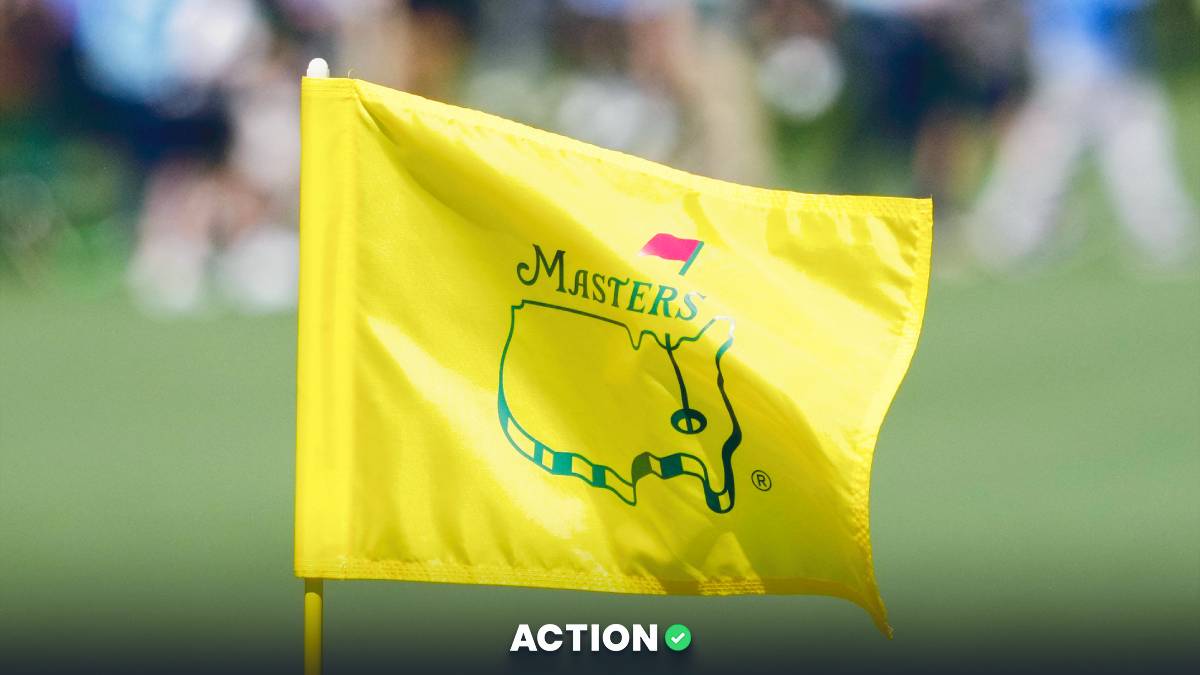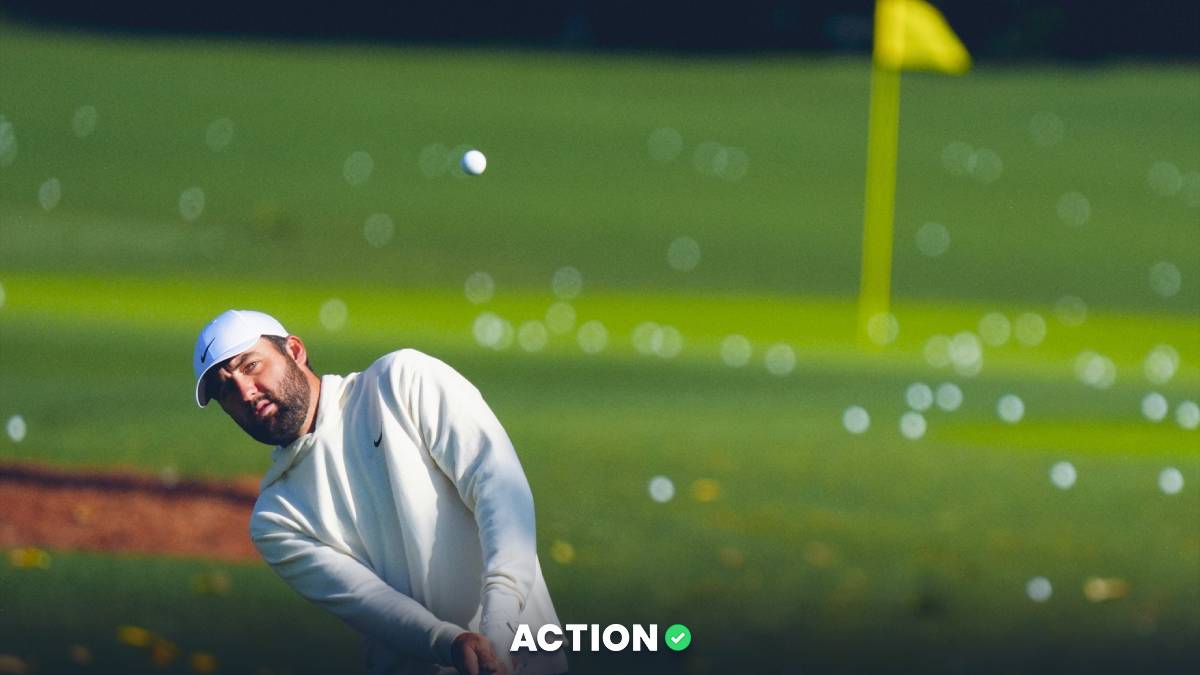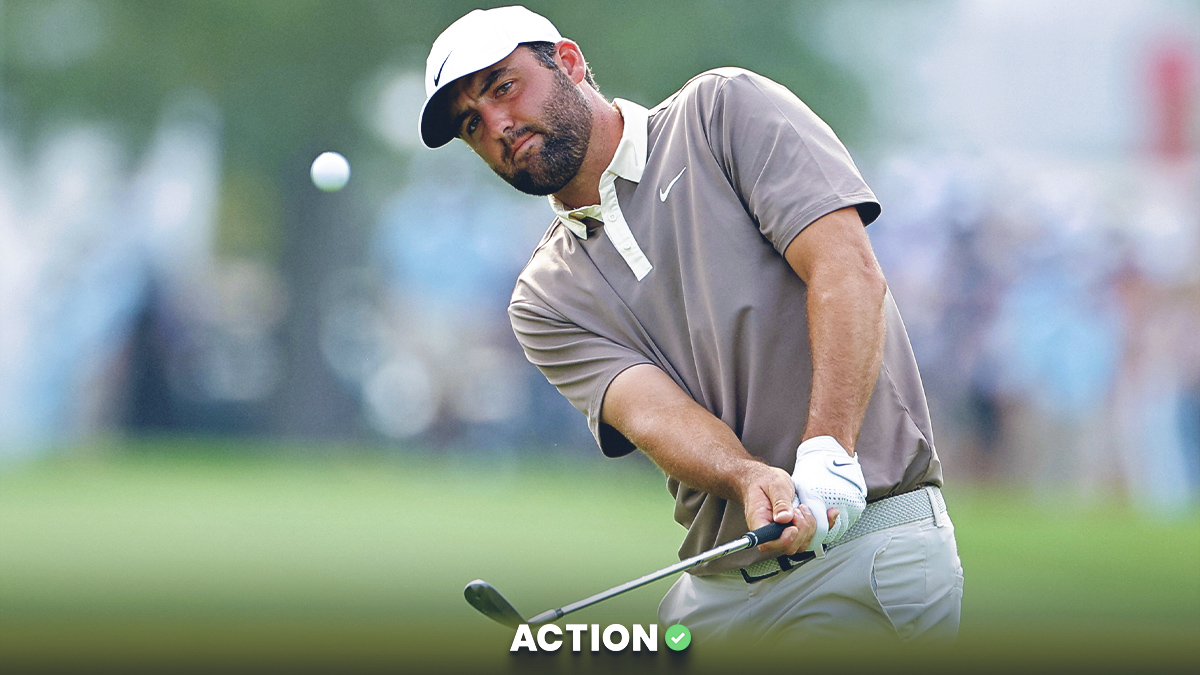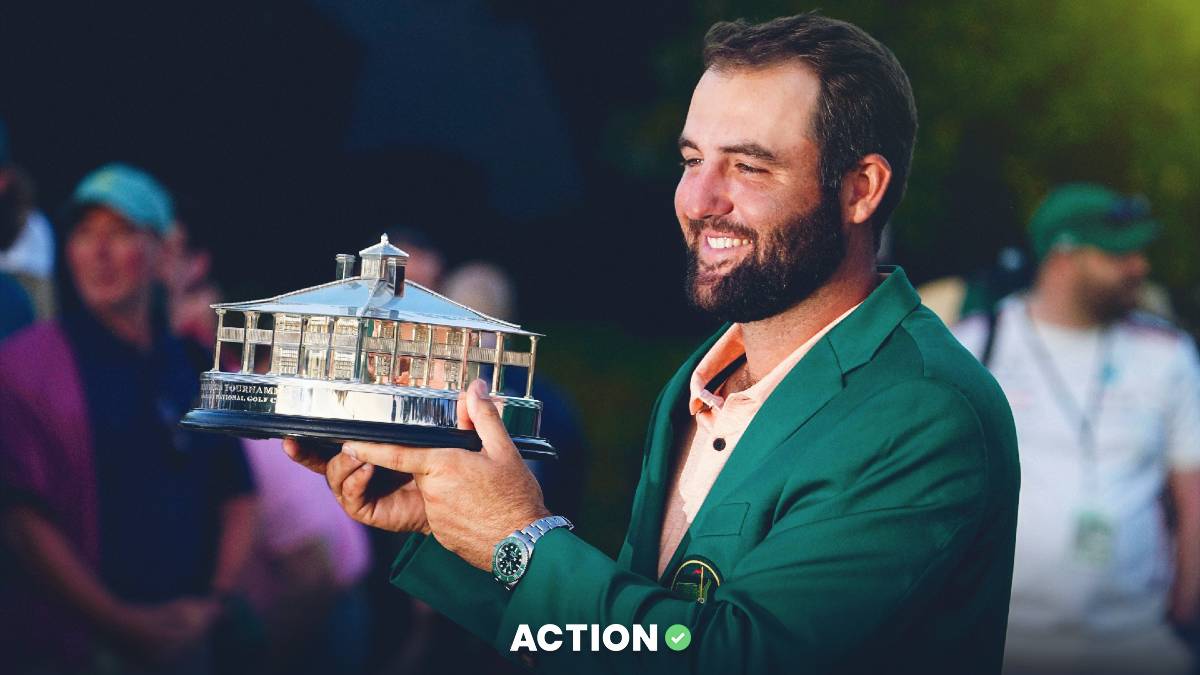It always happens in December.
I totally get it. We're a few months removed from "real" professional golf tournaments being played (no offense to the early season fall events … OK, some offense), but close enough to the impending year that people start looking forward.
And so, as soon as the calendar reaches the 12th month, I start getting the question:
Who’s going to win the Masters?
In the past week, I’ve been asked this during a radio interview, by golfing buddies and on social media. Now that a larger part of my job is to prognosticate golf results, I feel like an educated answer is expected.
I suppose I could simply placate the questioner, offering the satisfaction of hearing a response by naming somebody like Justin Thomas or Rory McIlroy or Dustin Johnson — all worthy annual candidates to claim a green jacket for the first time.
The reality, though, is that I always answer this question with a few questions of my own.
Who's in form?
What’s the weather?
How firm is the course?
Asking to pick a Masters champion four months ahead of time is akin to prognosticating an Opening Day baseball game in December. Sure, you could venture a guess, but wouldn't you prefer to see the pitching matchups and batting lineups first?
Or perhaps more comparatively, it's like trying to figure out whether a blue-chip stock will flourish during a single week. You like the long-term prognosis of Apple? Makes sense. How do you like Apple for the first week of April next year? That’s a more specific question, and much tougher to predict.
It's not much different for golf.
You might be bullish on Tiger Woods for the next 12 months. You might believe he's on the verge of a vintage Tiger campaign. You might think he's about to put the final chapter on one of sports' greatest comeback stories.
And with that in mind, you might plunk down a large wager, four months ahead of time, on Woods to win a fifth career Masters title.
Here's the obvious problem: You might be right about all of that — the vintage season, the great comeback — but Tiger could pull a 2000 redux, winning nine times and the year's final three majors … but that wouldn't cash your Masters bet.
All of which should lead us to believe we're asking the wrong question at this time of year.
Instead of asking which player is going to win the Masters, we should be asking a smarter question.
Which player is currently undervalued in the betting markets for the Masters?
I know, this question isn't as polarizing or lively at the local 19th hole as predicting a winner, but it’s a lot more worthwhile.
I can point to a handful of players who have value months ahead of the tournament.
Among the favorites, Justin Rose stands out at 15-1. The world's No. 2-ranked player (just .04 average points from No. 1) owns a strong record at Augusta National, but is currently listed behind a half-dozen players.
Just behind Rose are Jon Rahm and Rickie Fowler at 18-1, but it's Jason Day at 22-1 who I believe is similarly undervalued. We’ve seen him at his best; if that game returns by April, he could be half this price.
I've got a couple of guys I really like from the mid-range category, too. At 40-1, both Tony Finau and Hideki Matsuyama offer value in their own ways. Finau is the up-and-comer who is about to break through and become a top-five player in the world; Matsuyama is a guy who has struggled lately, but is armed with the talent to win anywhere, anytime. I'd easily take them at that number over, say, Patrick Reed to repeat at just 28-1.
Want to go even lower? Branden Grace and Webb Simpson are each 100-1 bets right now. They're both solid players, though, with resumes that suggest their games are well suited for major championships.
Would I pick any of the aforementioned players to win the Masters, if I absolutely had to make a pick right now? Maybe not.
The fortunate thing is, I don't have to make a pick — and neither do you. All we have to do right now is find some value, players who might peak at the right time four months from now.
It might not be the more lively question, but it's the more pertinent one this far in advance.


